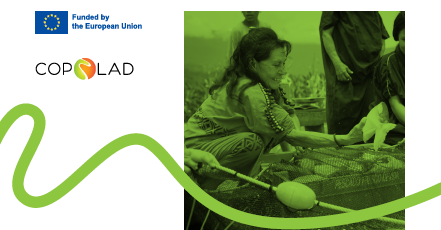Responses to the drug problem should place special emphasis on its impact on poverty and marginalization, implementing policies and actions that favor social inclusion and the reduction of vulnerabilities, risks and harm.
With this in mind, the document is organized into four chapters. The first two chapters delve into the historical, epistemological, theoretical and conceptual foundations of the Rights-Based Approach and the Differential Rights Approach. The following chapters emphasize a series of methodological, technical and procedural aspects that National Drug Observatories should consider and bear in mind when integrating and applying a Differential Approach to Rights in the field of drugs.






